Anti-depressant prescriptions double in 10 years, claims new study
- Published
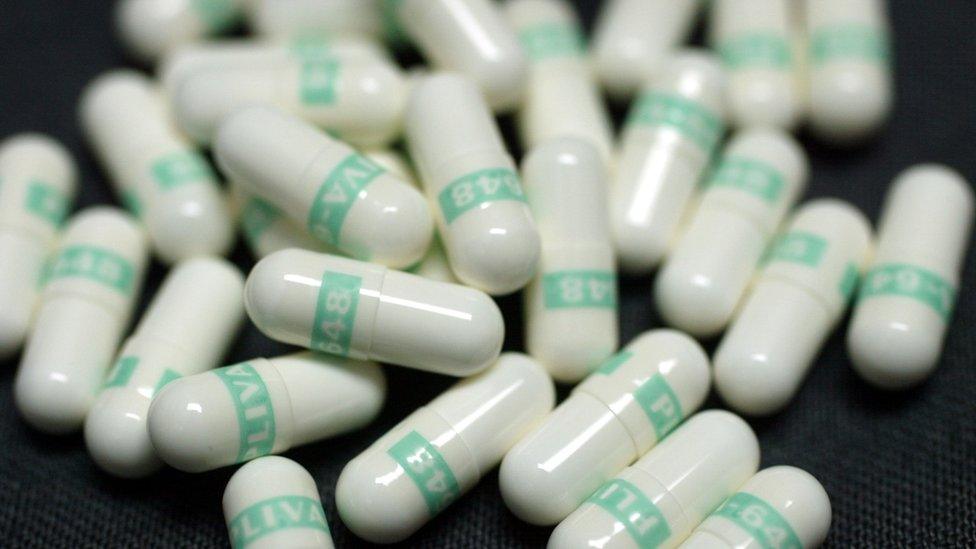
More people are taking anti-depressants, and for longer, a new report suggests.
Around 61 million prescriptions were made in 2015, more than double the 30 million written in 2005, according to the University College London study.
The average patient now takes medication for six months, compared to just under four months in 1995.
But the number of people diagnosed with depression is almost unchanged.
Your experiences on anti-depressants
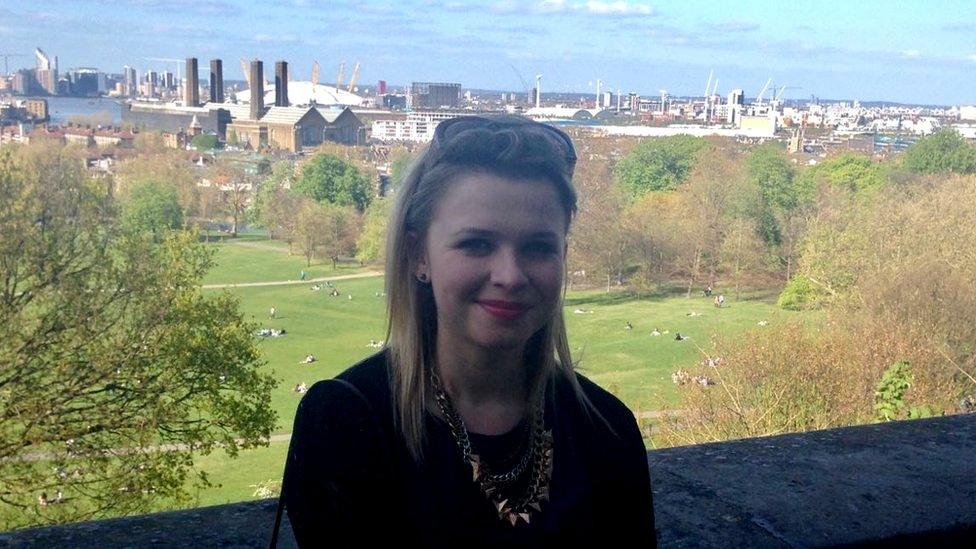
Lauren Harris, 23 - 'It's an easy solution for the NHS'
"I've been on various anti-depressants for the last five years, since I turned 18," Lauren tells Newsbeat.
"I've not found one that's particularly worked for me so far.
"I feel like it's an easy solution for the NHS to just send you off with tablets and hope it works.
"I haven't been for a talking therapy for my mood at all.
"They've put me on things and left it six months before coming back and saying, 'Oh right, what's happening?'
"The GPs and mental health services are just not aware of what else is out there for you."
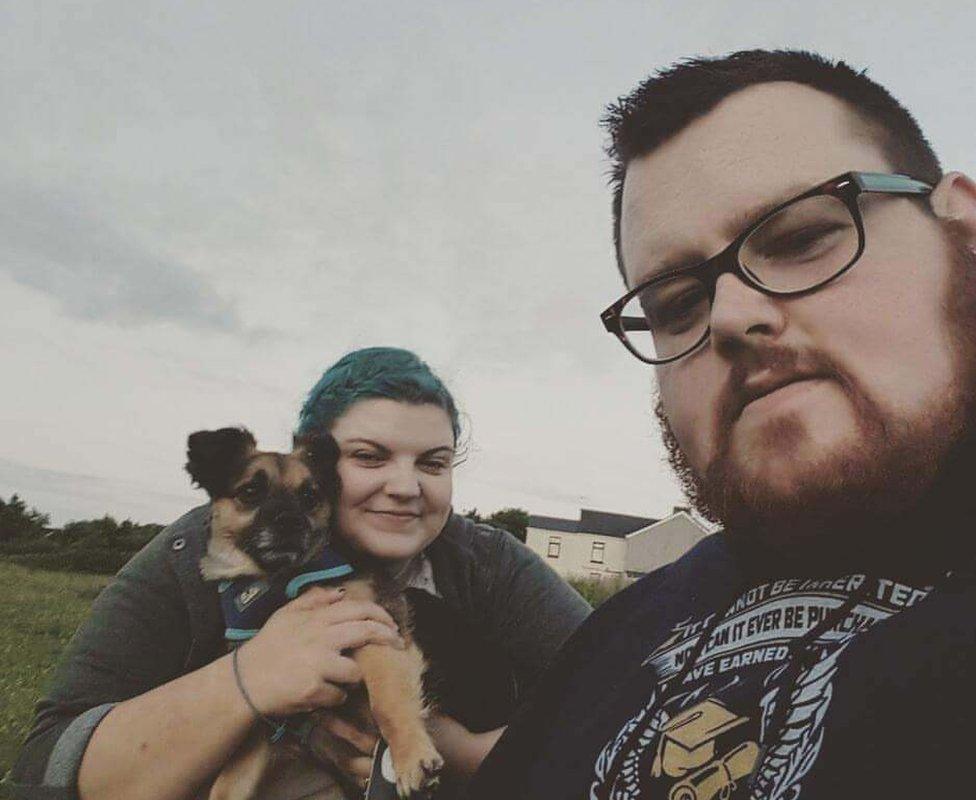
Rhian with her husband Kerry and dog Cookie
Rhian Adams, 26 - 'A good starting point'
"They can just slap a pill on you and hope for the best," says Rhian.
"[But] I don't know where I would be without talking therapy.
"I found anti-depressants a good starting point to treat me during crisis, to then develop to other forms of treating my mental health difficulties like talking therapy, physical exercise, journalling.
"It kept me calm enough to access those alternative therapies."
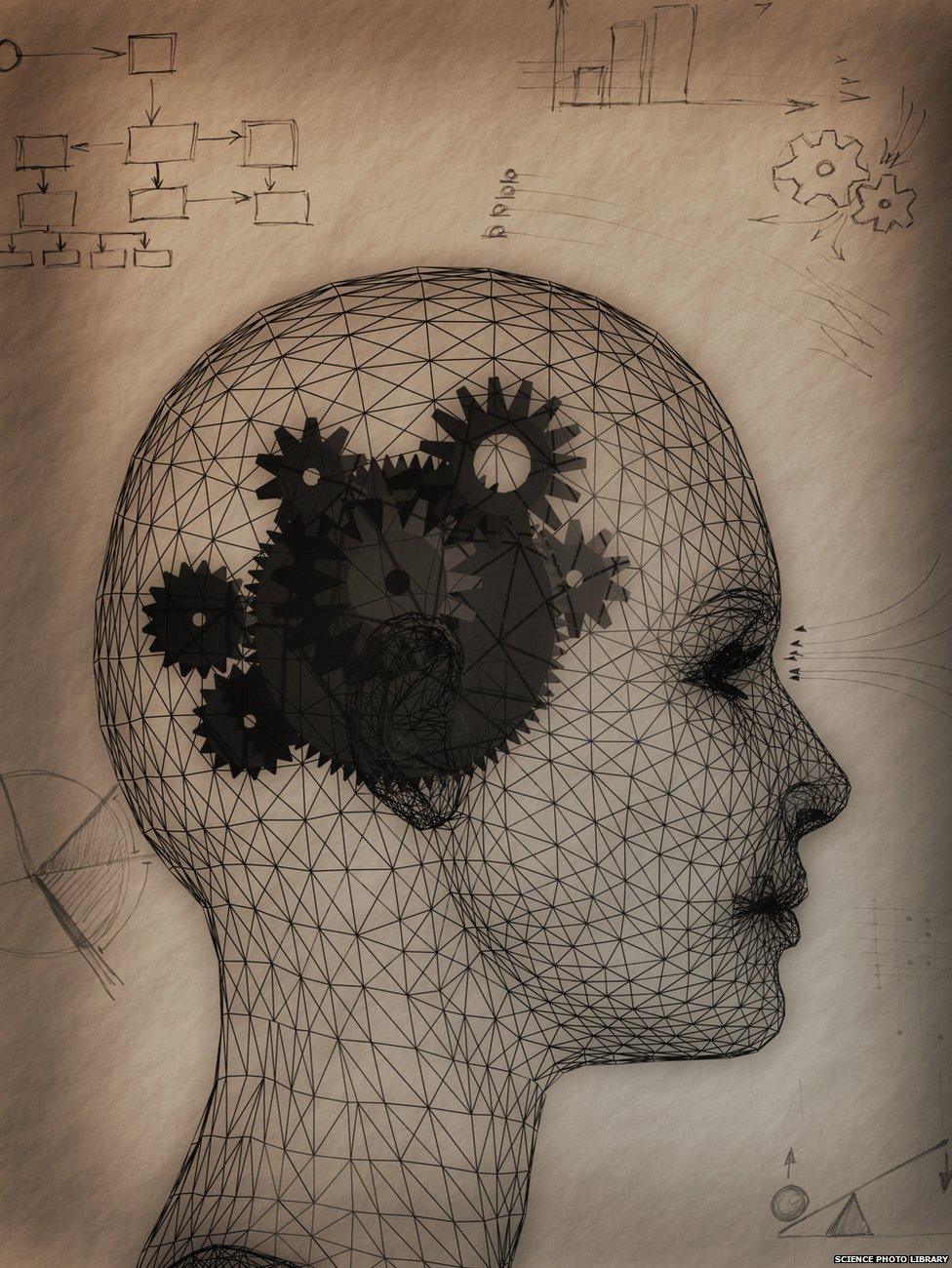
Lots of you got in touch on Facebook, too
Niall Robertson
"I've been on anti-depressants most of my life and it has taken the edge off the severe lows I have. I still get them, but I actually feel like I can get through them now."
Katie Morgan
"They saved my life. No harm in taking them if you need it. They made me feel well enough to go through talking therapy. Which in turn made me feel even better and that in turn helped me come off the tablets."
James Lee-Darragh Daniels
"I have been on anti-depressants for almost four years now, finding a dosage pattern that works for me.
"They are not a miracle pill that makes all my troubles disappear, but they do help with day-to-day coping. I still try to use mindfulness techniques which were also suggested by my GP."
Annie Mason
"Doctors give them out too freely without diagnosing you properly. I was on Fluoxetine for two years [and] I had awful side-effects.
"When I was on them I had the worst mood swings, [then] I came off them and that was just as hard as starting them. My obsessive compulsive disorder (OCD) and anxiety is still an issue. It just masked the issues."
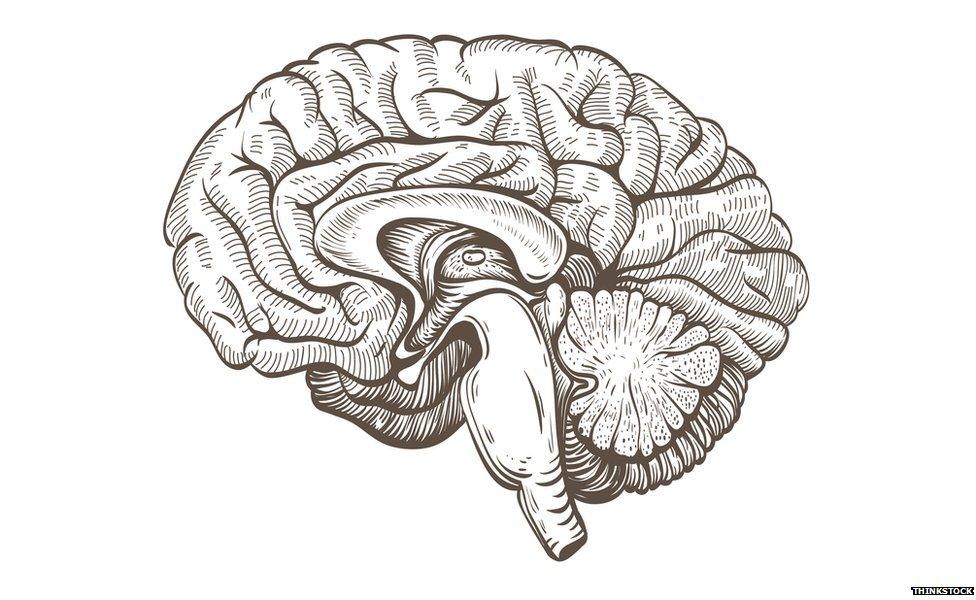
An expert opinion
Stephen Buckley, Head of Information at Mind
"Different people will find that different treatments help to manage their mental health - whether this is medication, or alternatives such as talking therapies, or a mixture of both.
"What works for one person may not necessarily work for another. Medication should be reviewed regularly with your GP to check it's working and continues to work."
Help with mental health is available on the BBC Advice pages.
Find us on Instagram at BBCNewsbeat, external and follow us on Snapchat, search for bbc_newsbeat